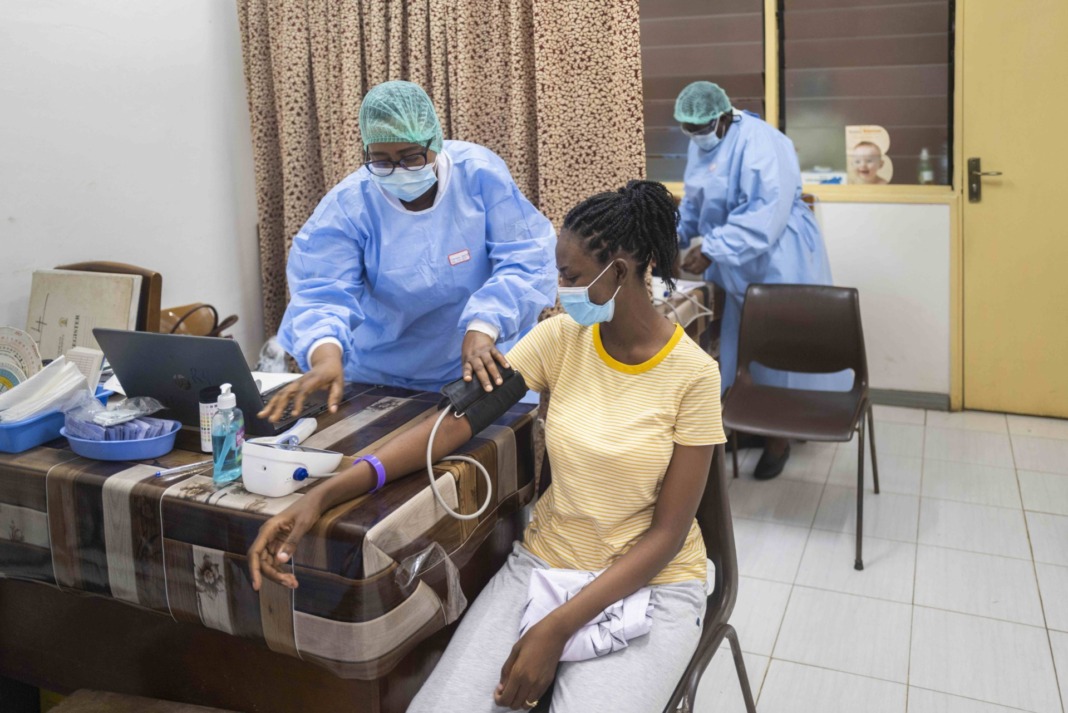Nigeria, a country known for its vibrant culture and diverse population, is grappling with a troubling surge in non-communicable diseases (NCDs). While communicable diseases remain the primary cause of death, the country is currently facing an increase in the burden of NCDs. Factors such as changing lifestyles, rapid urbanization, limited awareness, and inadequate healthcare infrastructure have contributed to this alarming trend.
Research conducted by the World Health Organization (WHO) in 2018 revealed that NCD prevalence stands at 29%. Among the various NCDs, cardiovascular diseases account for 11%, cancer for 4%, and diabetes for 2%. Additionally, NCDs accounted for an estimated 29% of all deaths, with cardiovascular diseases being the primary cause of NCD-related death (11%), followed by cancers (4%), chronic respiratory diseases (2%), and diabetes (1%). It is 2023 and NCDs Prevalence is still just as high.
In addition to cardiovascular diseases, cancer, and diabetes, Nigeria also faces the challenge of other non-communicable diseases. These include Sickle Cell Disease, Deafness and Hearing loss, Blindness, Violence and Injury including Road Traffic Crashes, Oral Health including Noma, and Disability.
The rise in NCDs is attributed to several factors. Shifting lifestyles, sedentary behaviors, and unhealthy dietary choices have led to an increase in obesity rates, a leading risk factor for many NCDs. Rapid urbanization has exposed the population to environmental risks, including pollution and easy access to processed foods, further exacerbating the problem.
Inadequate healthcare infrastructure also poses a significant obstacle to effectively combating these diseases. The healthcare system is strained by challenges such as a shortage of healthcare professionals, limited access to quality healthcare facilities, and an uneven distribution of resources. This lack of infrastructure hinders early detection, diagnosis, and management.
The limited availability of diagnostic facilities across the country is another critical concern. Many remote areas lack proper equipment, making it difficult to identify NCDs at an early stage when treatment outcomes are typically more favorable. Improved access to diagnostic facilities, particularly in rural regions, is crucial to ensuring timely intervention and preventing further complications.
Moreover, the financial burden associated with treating NCDs is a major challenge. The cost of medications, regular screenings, and specialized treatments can be prohibitive for a significant portion of the population, particularly those from low-income backgrounds. This financial strain leads to delayed or inadequate treatment, further compromising health outcomes.
To address these challenges, a comprehensive approach is needed. The government must prioritize healthcare investments, particularly in healthcare infrastructure and diagnostic capabilities. Increased funding and targeted initiatives to raise awareness about NCD risks and prevention can encourage healthier lifestyle choices.
Collaborations between public and private sectors, as well as international organizations, can contribute to the development of cost-effective healthcare solutions and the provision of affordable medications for NCDs. By implementing strategies focused on prevention, early detection, and comprehensive treatment, Nigeria can begin to mitigate the burden imposed by non-communicable diseases.
Nigeria stands at a critical juncture in its healthcare landscape. While communicable diseases continue to pose a significant concern, the rising burden of non-communicable diseases cannot be ignored. By acknowledging and addressing the challenges of NCDs, Nigeria can take significant strides toward better health outcomes for its population. A concerted effort to combat NCDs through comprehensive strategies, including improved healthcare infrastructure, increased access to diagnostics, affordability of treatments, and awareness campaigns, will pave the way for a healthier future for alls.
In conclusion, Nigeria is currently facing a significant rise in non-communicable diseases, including cardiovascular diseases, cancer, diabetes, and various other NCDs. The prevalence of NCDs, as highlighted by WHO’s research in 2018, underscores the urgent need for action. By combining prevention, early detection, comprehensive management, and improved healthcare infrastructure, Nigeria can effectively address the growing burden of non-communicable diseases and safeguard the health and well-being of its population.



